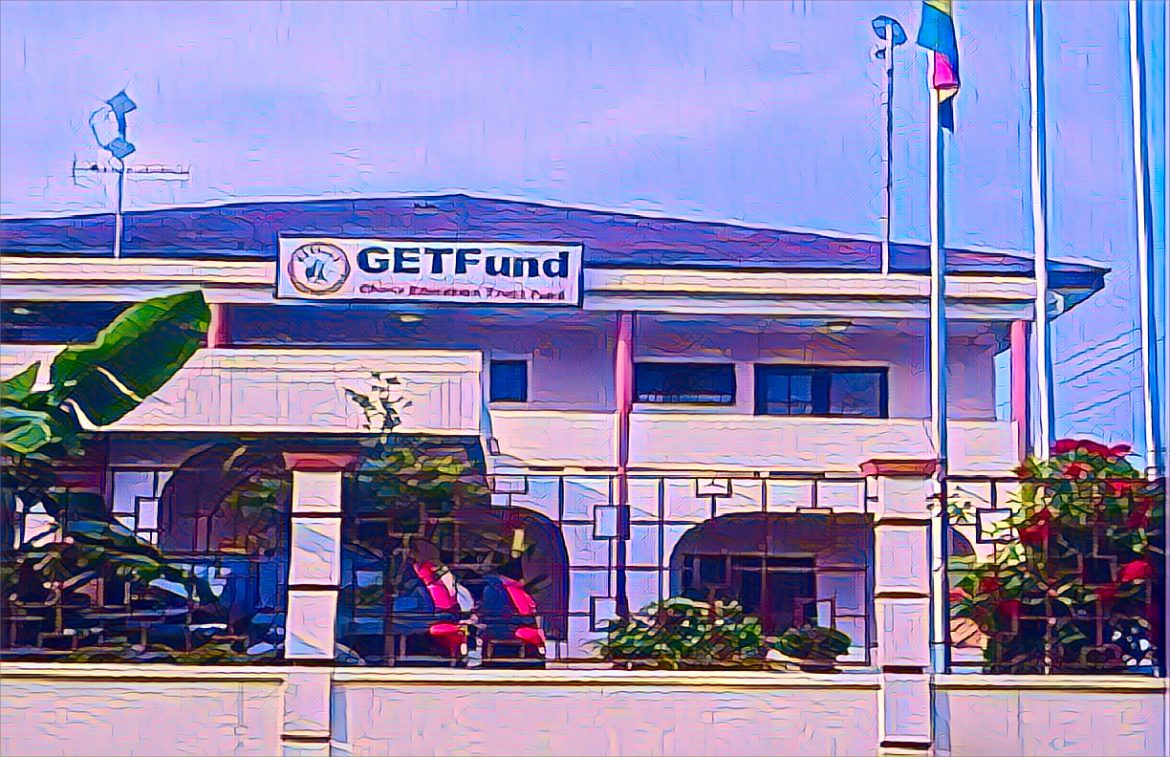The Ghana Education Trust Fund (GETFund) has responded robustly to allegations made by John Dramani Mahama, the flag bearer of the National Democratic Congress (NDC), concerning the management of funds generated through the Daakye Bond and their impact on the effectiveness of GETFund. Mahama had questioned the actions of Dr. Matthew Opoku Prempeh, the former Minister of Education, during a recent Youth Forum in Ho, suggesting that the New Patriotic Party (NPP) had mismanaged the bond proceeds.
Mahama claimed that the collateralization and capping of GETFund had significantly reduced its ability to fulfill its mandate. He asserted that the fund, under the stewardship of Dr. Opoku Prempeh, had not been utilized effectively, leaving key projects incomplete despite significant financial allocations.
GETFund’s Response to Collateralization Claims
In a statement issued on August 15, 2024, GETFund categorically denied Mahama’s claims, clarifying that the fund’s receivables were not collateralized but rather securitized to raise necessary funds for vital educational initiatives. The statement, signed by Isaac Asiedu-Odei, Head of Public Relations at GETFund, emphasized that the fund continues to have access to its mandatory receivables and has been using these funds judiciously to benefit the public.
GETFund explained that the securitization and subsequent bond issuance through Daakye Plc were crucial for supporting the government’s Free SHS/SHTS/TVET Programme. This program has led to a surge in student enrollment, putting pressure on existing school infrastructure. The fund’s management highlighted that between 2020 and 2022, the Daakye Bond raised 2.6 billion cedis, which was allocated to 3,001 projects, including new and ongoing initiatives, vehicle and furniture supplies, and the settlement of contractor debts.
Transparency and Accountability in GETFund Operations
In its statement, GETFund reassured the public of its commitment to transparency and accountability. The fund’s budget undergoes rigorous scrutiny in Parliament and is overseen by a competent Board of Trustees. This oversight ensures that all expenditures align with the educational needs of the country and that funds are managed efficiently.
The clarification from GETFund comes in response to Mahama’s pointed questions about the application of funds raised through the Daakye Bond. Mahama had accused the former Education Minister and current NPP running mate, Dr. Opoku Prempeh, of failing to deliver on promises made when the bond was issued. He alleged that despite significant financial allocations, many educational projects remain unfinished.
However, GETFund’s detailed response highlights the complexities involved in managing large-scale educational initiatives, especially in the context of a rapidly growing student population. The fund’s leadership has reaffirmed its commitment to ensuring that all allocated funds are used effectively to meet the country’s educational goals.
Political Implications and Future Outlook
The exchange between Mahama and GETFund underscores the broader political debate over the management of public funds in Ghana. As the country prepares for upcoming elections, issues related to transparency, accountability, and the efficient use of resources are likely to remain at the forefront of political discourse.
GETFund’s defense of its financial management practices may serve to reassure stakeholders, but it also highlights the ongoing challenges of balancing financial oversight with the need to rapidly expand and improve the country’s educational infrastructure. With the securitization of receivables now a part of GETFund’s strategy, the fund’s ability to continue delivering on its mandate will be closely watched by both political leaders and the public.
Source: Graphic Online




